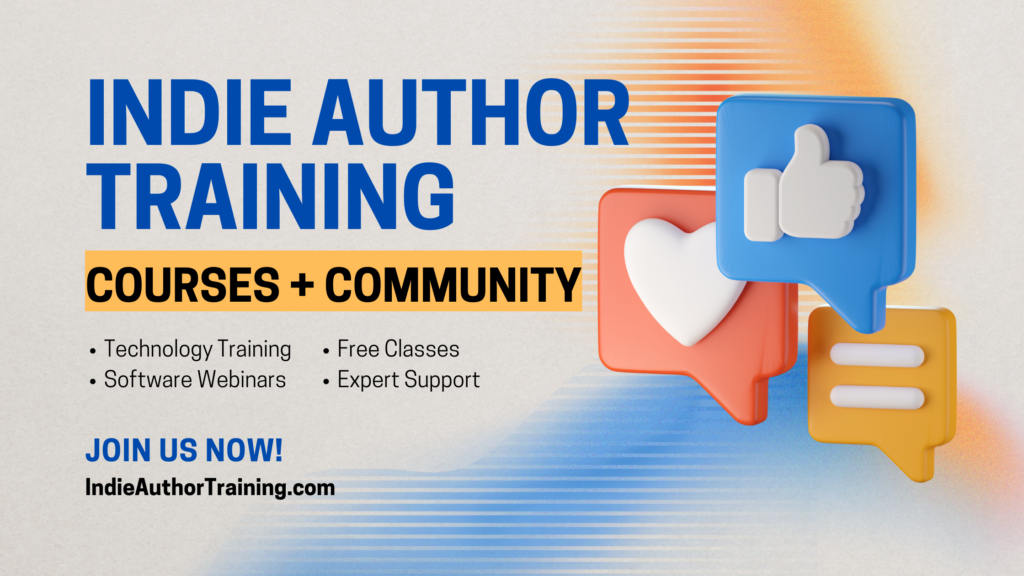All Your Favorite Stories…in Space
Space Opera is a popular genre among authors and readers who enjoy Sci-Fi themed stories with an epic scope, splashy tech, romantic subplots, and a sharp contrast between good and evil. Where other genres of Science Fiction speculate on the intersection of technology with society, Space Opera shifts its focus from the substance of Sci-Fi onto the style of Sci-Fi.
Use the Source, Luke!
Space Opera often starts with terrestrial source material, adds tech-flavoring, and recasts the story among the stars.
Buck Rogers was Rip Van Winkle, but in space. Star Trek was conceived as a Western, but in space. The original Star Wars was a samurai movie, but in space. The Hitchhiker’s Guide to the Galaxy by Douglas Adams was a travelogue, but in space. Space Opera by Catherynne M. Valente is a Eurovision Song Contest, but in space.
Welcome to the Planet of Hats
Worldbuilding in Space Opera tends to be streamlined. The genre is famous for single-biome planets and monocultural worlds where all inhabitants share the same personality type, physical characteristics, and fashion sense. Since characters may visit several planets in a story, each for only a chapter or two, deeper worldbuilding can become a distraction.
Fortunately, Space Opera readers are willing to suspend disbelief when confronted with worlds and cultures that defy logic, or which incorporate systems of space-magic and orders of space-wizards.
Have Fun Storming the Space-Castle
Simply dressing a story in allegorical space-clothing isn’t enough to make it a Space Opera. This genre also features uncomplicated protagonists on an uncomplicated quest. The heroes are extra heroic, the villains are extra villainous, and the bug-eyed and/or reptilian aliens are extra bug-eyed and/or reptilian. The stakes are often galactic in scope, and no one has time to wrestle with their conscience for long when the fate of the galaxy hangs in the balance.
Character goals and motivations usually boil down to something simple: the protagonist may need to collect the space-McGuffins, storm the space-castle, battle the space-ninjas, rescue the space-prince/princess, and return home to enjoy a space-medal ceremony.
The important thing in a Space Opera is that the hero always wins and good always triumphs over evil. This may happen in a standalone book or certainly by the finale of a series.
Subverted Tropes
Knowing what tropes make up a genre can help us figure out which rules can be bent or twisted without breaking reader expectations or shifting the story into a different genre.
Space Opera tends to gloss over hard-science explanations for space weapons, alien biology, faster-than-light travel, and the like. Injecting realistic science may subvert that expectation. An episode of Futurama centered around a real-life mathematical theorem invented for the show by a writer who holds a PhD in applied mathematics. The result was an effective contrast between the goofy antics of space-basketball players and a puzzle of real-world logic.
But injecting science at the wrong time or in the wrong way can threaten the sense of magic and wonder on which Space Opera relies. For example, many fans expressed outrage when the Star Wars prequels retroactively explained the mysterious all-pervasive Force as resulting from space-bugs in a Jedi’s bloodstream.
Letting the hero fail or allowing the villain to win can provide a powerful and unexpected cliffhanger in the middle of a series. Exploring character backstories, redeeming villains, adding moral complexity, and developing the story world can bring gravity into a previously free-floating work of escapism. But readers will still expect a return to the Space Opera’s light-hearted form and an ultimately happy ending.
Happily Ever After…In Space!
These stories take readers on an uplifting joyride through a galaxy of wonder. When all the elements fall into place, they have the potential to become iconic, beloved, and cemented into our popular culture.
Sidebar: Space Opera Tropes
1. Source Material in Spaaace! – From Bible stories to Shakespeare’s plays to Gilligan’s Island, a wide variety of source material has been adapted into Space Operas by moving the action off-planet and sprinkling in the tropes.
2. Single-Biome Planets – To help distinguish one world from another, every part of a planet can be given the same climate, vegetation, and terrain.
3. Planet of Hats – To help distinguish one world from another, every member of a human or alien culture may share a common personality trait, physical trait, or proclivity toward wearing the same stylish hat.
4. The Galactic Empire – No galaxy is big enough for our good-hearted heroes to share with an interplanetary evil empire bent on conquest.
5. Spaceships with Personality – The obligatory journey from world to world becomes more memorable in an iconic spaceship, especially one that breaks down at the most inconvenient times.
6. A Menagerie of Aliens – They range from humans with prosthetic noses to Lovecraftian nightmares with laser eyes. The thing about aliens is that they come in all shapes, sizes, and temperaments.
7. Robots, Droids, and Cyborgs – Fully or partially mechanical beings are a fixture. Some, indistinguishable from biological humans, may not even know what they are.
8. Space Magic – Aside from the sufficiently advanced technology that works like magic, there is often actual magic, telepathy, and New Age crystal goodness that works like technology.
9. Good vs Evil – Even when the story focuses on smugglers, scoundrels, and bounty-hunters, all characters can choose whether they are fundamentally good or fundamentally evil.
10. Good Triumphs Against All Odds – Much like Romance readers expect a happy ending, Space Opera readers expect a victorious ending or a reset to a prior state.





